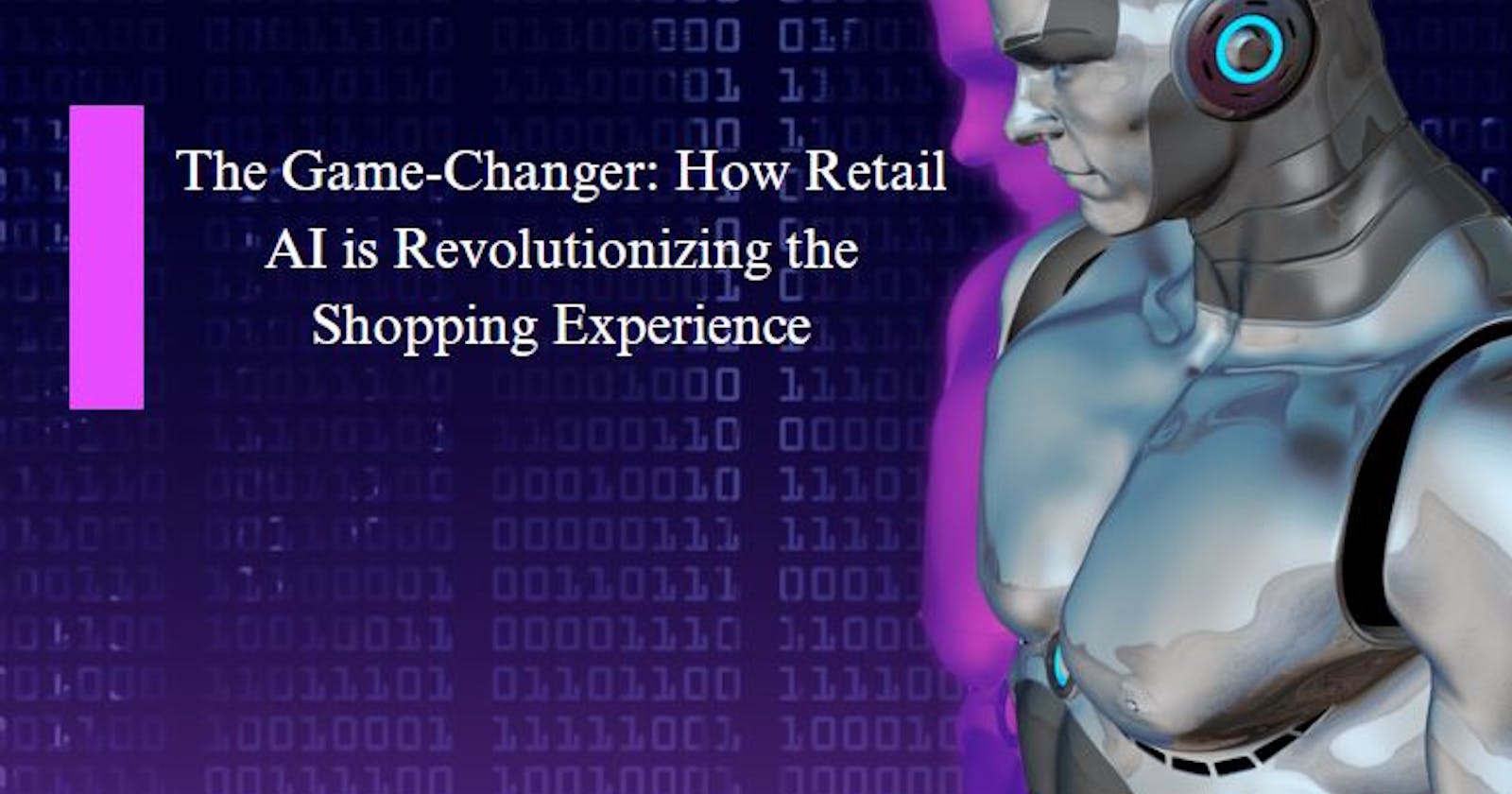Table of contents
No headings in the article.
The retail industry has undergone significant changes in recent years, thanks to technological advancements. With the rise of artificial intelligence (AI), retailers can now make better business decisions and enhance the customer experience. In this blog post, we will explore the impact of retail AI on the industry and its potential to transform the shopping experience.
What is Retail AI?
Retail AI involves the use of AI technology in the retail industry to help retailers make data-driven decisions. The technology utilizes machine learning algorithms to analyze large amounts of data, such as sales data, customer behavior, and inventory management, to provide relevant insights to retailers.
Impact of Retail AI on the Industry
Retail AI has revolutionized the industry and transformed the way retailers conduct business. Here are some of the ways retail AI is making an impact:
- Enhanced Customer Experience
Retail AI can help retailers personalize the shopping experience for customers. AI-powered chatbots can provide customers with personalized recommendations based on their shopping history and preferences. By tailoring the shopping experience to individual customers, retailers can improve customer satisfaction and loyalty.
- Streamlined Inventory Management
Retail AI helps retailers optimize their inventory by analyzing sales data and predicting which products are likely to sell out. This enables retailers to manage their inventory better and reduce the risk of stockouts or overstocking, which can lead to waste.
- Improved Pricing Strategies
Retail AI can help retailers develop an optimal pricing strategy for their business. By analyzing sales data, retailers can identify the ideal price point for each product, which can increase sales and profitability.
- Targeted Marketing and Advertising
Retail AI can analyze customer data to provide insights into customer behavior, enabling retailers to create targeted marketing campaigns that resonate with their target audience. This can improve the effectiveness of marketing campaigns and enhance return on investment (ROI).
- SEO Optimization
Retail AI can help retailers optimize their website for search engines by identifying relevant keywords for their business. By using the right keywords, retailers can improve their website's visibility and attract more potential customers.
- Improved Fraud Detection
Retail AI can help retailers detect fraudulent activities by analyzing customer data and identifying patterns that may indicate fraudulent behavior. This can enable retailers to take proactive measures to prevent fraud and protect their business.
Challenges of Retail AI
While retail AI has numerous benefits, there are also some challenges associated with the technology. One of the main challenges is the cost of implementation, which may be prohibitive for smaller retailers. Additionally, implementing retail AI requires a certain level of expertise, which may not be available in-house, leading to increased costs.
Conclusion
In conclusion, retail AI has transformed the retail industry, enabling retailers to make better business decisions and enhance the customer experience. By leveraging the power of AI, retailers can streamline their operations, optimize their inventory, develop better pricing strategies, and create targeted marketing campaigns. While there are challenges associated with implementing retail AI, the benefits far outweigh the costs. Retailers who embrace the technology are likely to have a competitive advantage in the industry.
